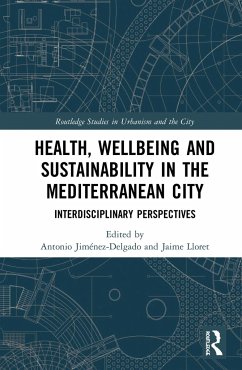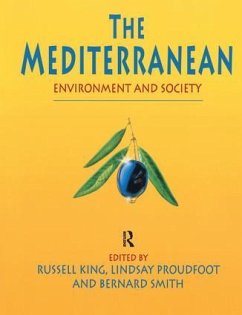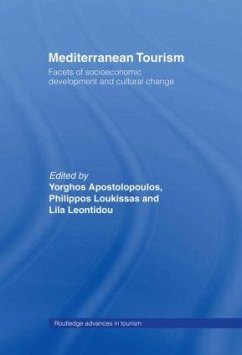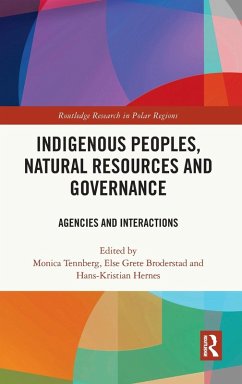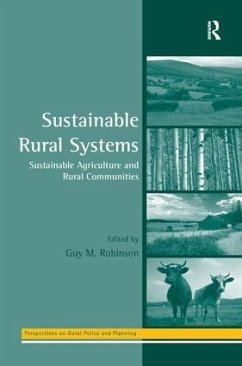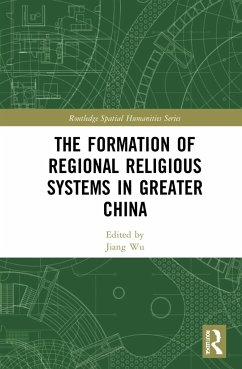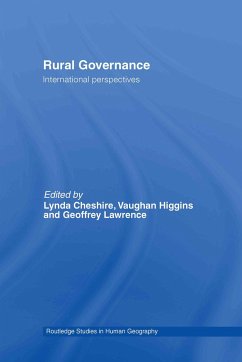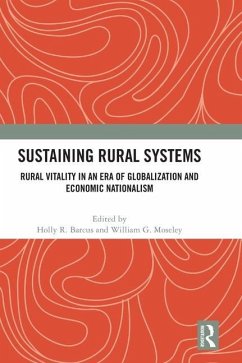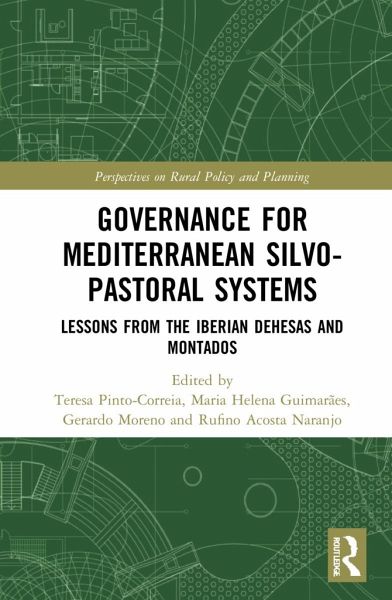
Governance for Mediterranean Silvopastoral Systems
Lessons from the Iberian Dehesas and Montados
Herausgeber: Pinto-Correia, Teresa; Moreno, Gerardo; Guimarães, Maria Helena
Versandkostenfrei!
Versandfertig in 1-2 Wochen
168,99 €
inkl. MwSt.
Weitere Ausgaben:

PAYBACK Punkte
84 °P sammeln!
The goal of the book is to fill the gap in the knowledge on silvo-pastoral systems and their changing trends, by adding the human dimension, with enough detail to draw inferences about the new governance solutions that are needed to address the multiple challenges faced by silvo-pastoral systems.




